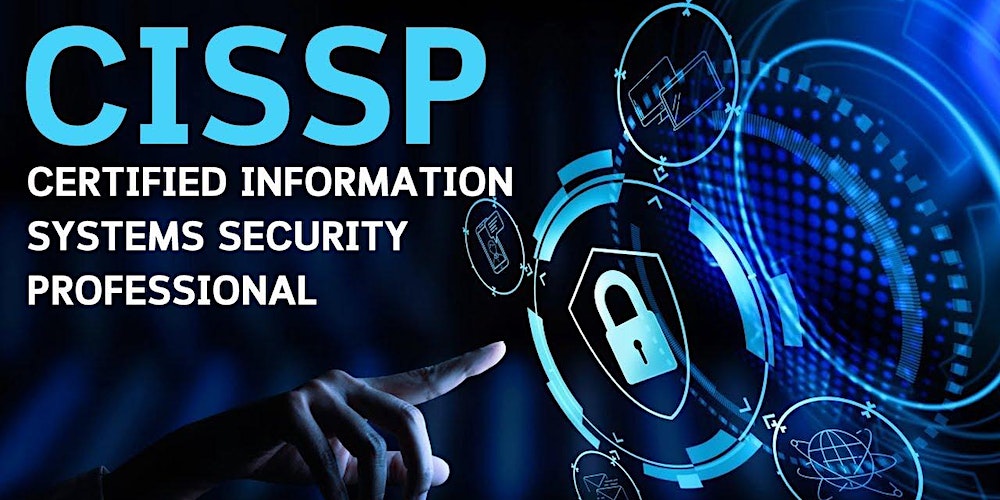The Certified Information Systems Security Professional (CISSP) is the most globally recognized certification in the information security market. CISSP validates an information security professional’s deep technical and managerial knowledge and experience to effectively design, engineer, and manage the overall security posture of an organization. Earning the CISSP proves you have what it takes to effectively design, implement and manage a best-in-class cybersecurity program.
Course Objectives
The broad spectrum of topics included in the CISSP Common Body of Knowledge (CBK) ensure its relevancy across all disciplines in the field of information security. Successful candidates are competent in the following 8 domains:
▪ Security and Risk Management
▪ Asset Security
▪ Security Architecture and Engineering
▪ Communication and Network Security
▪ Identity and Access Management (IAM)
▪ Security Assessment and Testing
▪ Security Operations
▪ Software Development Security
Who Can Benefit
Security Professional
Prerequisite
▪ Candidates must have a minimum of 5 years cumulative paid work experience in 2 or more of the 8 domains of the CISSP CBK. Earning a 4-year college degree or regional equivalent or an additional credential from the ISC2 approved list will satisfy 1 year of the required experience. Education credit will only satisfy 1 year of experience.
▪ A candidate that doesn’t have the required experience to become a CISSP may become an Associate of ISC2 by successfully passing the CISSP examination. The Associate of ISC2 will then have 6 years to earn the 5 years required experience.
-
-
Domain 1: Security and Risk Management
-
Domain 2: Asset Security
-
Domain 3: Security Architecture and Engineering
-
Domain 4: Communication and Network Security
-
Domain 5: Identity and Access Management (IAM)
-
Domain 6: Security Assessment and Testing
-
Domain 7: Security Operations
-
Domain 8: Software Development Security
-


